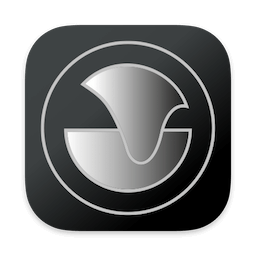

Sound Librariansĭo you create sound fx libraries or manage huge amounts of sound clips for other editors? These pros’ daily work includes viewing, editing, and saving metadata, then curating those clips so they are easy for others to use. Those will allow more sophisticated searching, organizational features, and sound fx transferring, although they lack rich metadata features.
#Audiofinder tips pro
Have a bit more cash? AudioFinder ($69.95), Library Monkey ($129.00), Resonic Pro (€69), Soundminer HD Basic ($199), and Basehead 4.x ($249), are great next steps.
#Audiofinder tips free
Since they’re not editing every day, they don’t want expensive options.īoth Soundly and iTunes are excellent free options for managing many sound clips. Most just need a way to organize clips, find the sound fx they need, audition them, and transfer them to an editing app.

These “casual” editors have fewer needs than the pros above, and have more flexibility in their choices. ”Casual” Sound Editorsĭo you edit audio but aren’t a day-to-day sound editor? Maybe you’re a video editor, music composer or editor, or re-recording mixer? Career sound pros will eventually move to the premium-priced BaseHead 4.x Lite ($399) and Ultra ($549) or Soundminer v4.5 ($899) apps for metadata embedding, spotting to editing app timelines, and sophisticated sound search options. Typical next steps include Resonic Pro (€69), Library Monkey Pro ($449), or AudioFinder ($69.95), which add more fields of metadata (database only) and plug-in processing. It will keep a pro content for quite some time. That performs most tasks they need and includes a free cloud sound fx library, too. Pros needing these type of apps typically start with the free Soundly app. They add thousands of files, browse them with granular detail, and send them to editing apps to work on their projects. Sound designers and sound editors need the most features. Who are these people? Let’s look at them in three ways: Others may simply need a way to gather and audition all their sound clips. Sound librarians may require reading metadata from obscure file types, and embedding this text back into the file. For example, sound designers may need to process their sounds with plug-ins. Most are highly specialized for specific people. There are dozens of features in these apps. It’s important to note that there isn’t one perfect app for everyone.

Budget Options Choosing the Best Sound Library Manager App


 0 kommentar(er)
0 kommentar(er)
